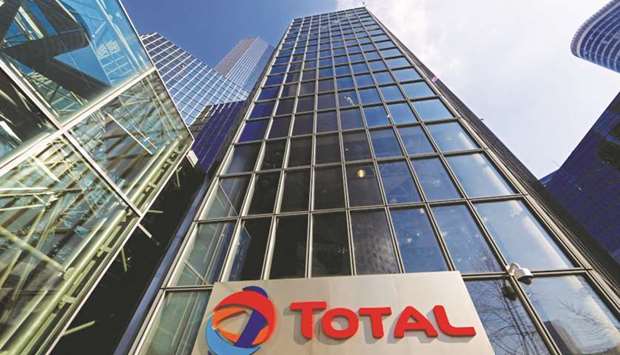For Danish company AP Moller Maersk, the sale of Maersk Oil, with reserves equivalent to around 1bn barrels of oil, fits with a strategy of focusing on its shipping business and other activities announced last year.
The world’s top oil companies have been back on the takeover trail over the last year, helped by signs of a recovery in the oil market. Total expects its biggest oil deal since it acquired Elf in 2000 to generate financial synergies of more than $400mn per year, in particular by combining assets in the North Sea. It also said the acquisition would boost earnings and cash flow.
Expected to be completed in the first quarter of 2018, the deal could see some job cuts particularly in Britain where there are overlaps, Total said, adding that it could make additional cost savings of about $200mn per year.
Total has been betting on new rather than mature fields in the North Sea and the acquisition gives it further economies of scale by making it the second largest player in the region with production of about 500,000 barrels of oil equivalent per day.
The move illustrates Total’s strategy of using a strong balance sheet to acquire attractive assets from struggling competitors having emerged from the prolonged oil downturn stronger than some of its rivals. “It was time for us to do what a real oil and gas company would do in a period such as this when prices are lower and costs are down.
Either launch new projects or acquire new reserves at attractive prices,” Total chief executive Patrick Pouyanne told reporters.
The purchase also signals some oil majors are prepared to invest to replenish reserves and boost production, anticipating an oil price recovery. With current prices of $50 per barrel most majors are simply struggling to balance their books.
Pouyanne said that Total had proposed a deal to Maersk as an alternative to floating the business.
“There was a debate within Maersk and they finally accepted given that it was attractive and also the fact that an IPO in a tense oil market would not be a right move,” he said, adding that no other oil major was bidding for the assets. Under the terms of the deal, AP Moller Maersk will get $4.95bn in Total shares and Total will assume $2.5bn of Maersk Oil’s debt. Maersk said it plans to return a “material portion of the value of the received Total shares” to shareholders in 2018 and 2019 in the form of extraordinary dividend, share buyback or distribution of shares in Total.
Analysts from Raymond James said the value of the deal appeared fair with Total paying $13.4 per barrel of reserves — in line with what Royal Dutch/Shell paid to acquire its rival BG in the biggest oil transaction of the past decade in 2015. Soren Skou, who took charge of Maersk last year, has embarked on a major restructuring to concentrate on its transport and logistics businesses and separate its energy operations in the face of a drop in income.
The Danish oil company has access to high-quality fields in the Norwegian and UK North Sea, which Pouyanne said would help boosts Total’s output to 3mn barrels of oil equivalent (boe) as soon as 2019 from 2.5mn boe now.
AP Moller Maersk shares were up 2.8% by 1450 GMT while Total shares were little changed.

